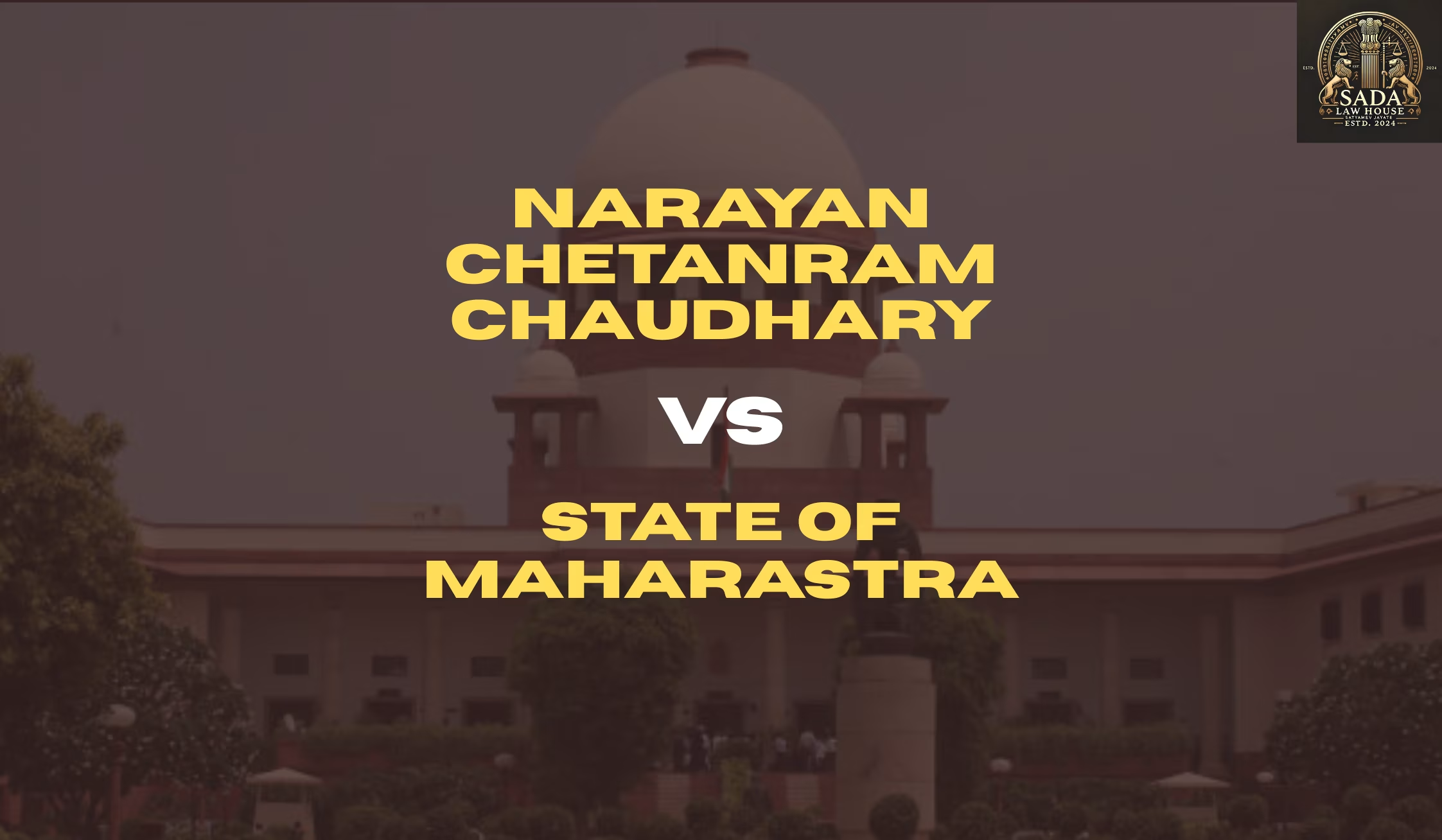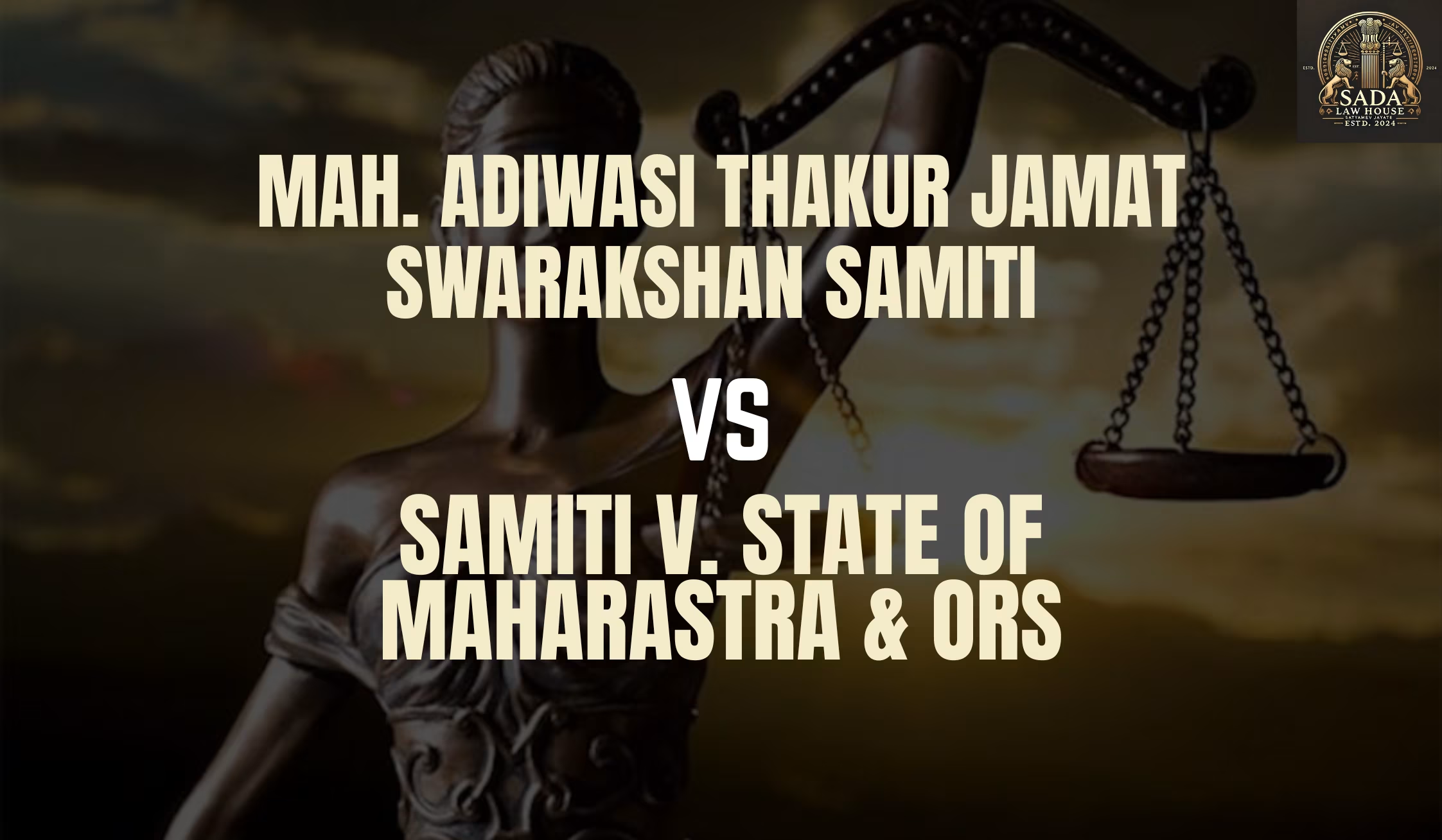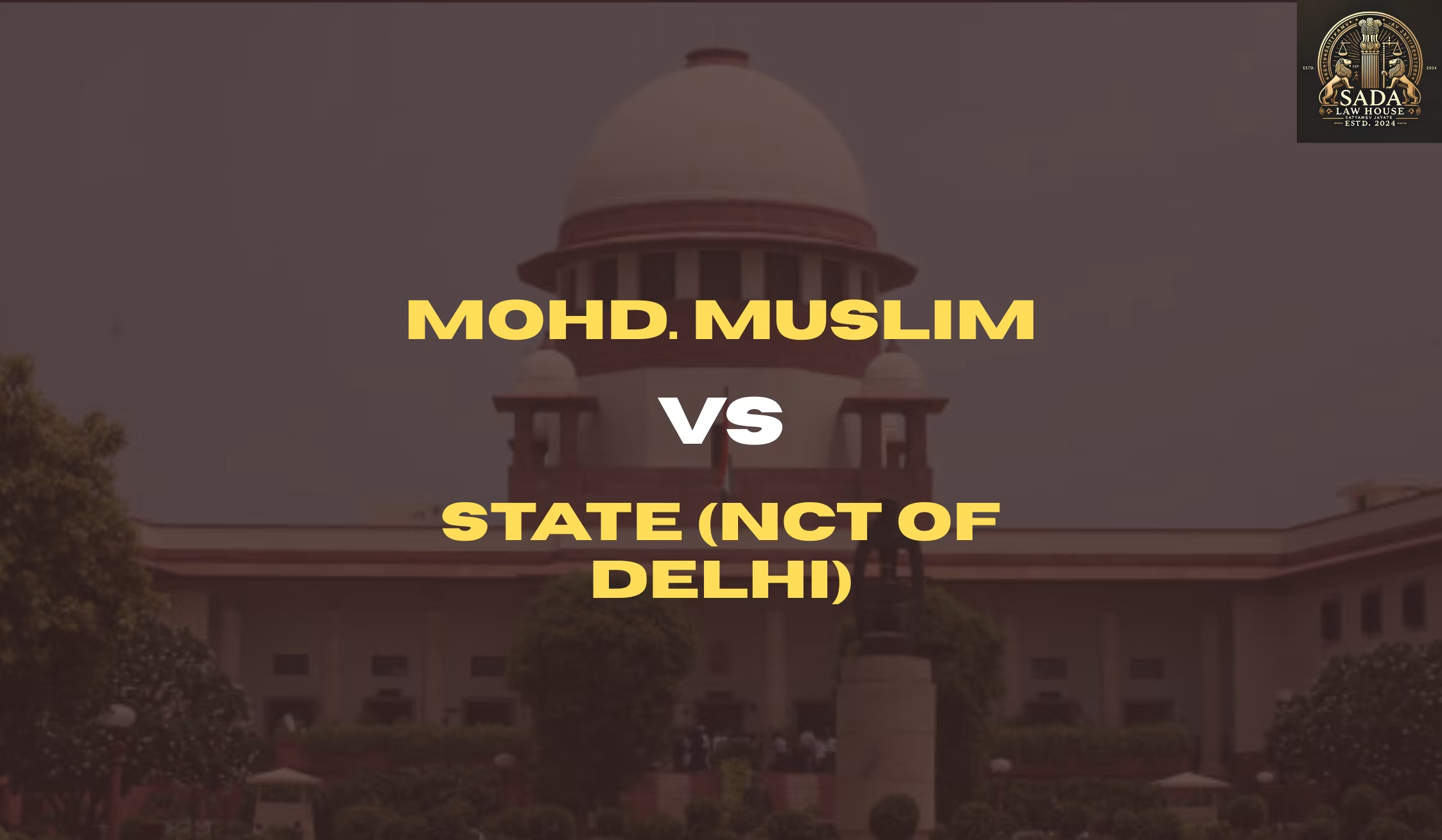Misuse of Section 17B of the Industrial Disputes Act: Challenges for Employers and Legal Loopholes
- MAHI SINHA
- 08 Apr 2025

The goal of the Industrial Disputes Act, 1947 [the “ID Act”) and its several amendments has always been to guarantee workers social justice and to make sure they are not left defenseless against businesses and industries. Section 17B of the ID Act is one such clause. It was included by the Industrial Disputes (Amendment) Act, 1982, and it became operative on August 21, 1984. Because the employer has challenged the order in the High Court or Supreme Court, workers who have successfully obtained an award from the Labour Court, Industrial Tribunal, or National Tribunal that sets aside an order of termination of their service and directs their reinstatement are not permitted to return to work. This is why Section 17B was enacted. An employer is then responsible for paying the employee’s last salary while the suit is pending.
In Dena Bank vs. Kirtikumar T. Patel, the Supreme Court of India explained the purpose of Section 17B, holding that it is to alleviate to some degree the hardship that is caused to the worker due to the delay during the execution of the present during the duration of actions in which the reinstatement award is under objection before the High Court or the Supreme Court. However, some workers are abusing this social welfare legislation as they unfairly enrich themselves while harming the interests of the industries and how the industries have been forced to pay wages even though the workers have found gainful employment elsewhere.
The worker must file an affidavit certifying that he is not financially engaged elsewhere in order to be entitled for earnings under Section 17B. The proviso to Section 17B, however, states that the Court will order that no wages be paid if it can be demonstrated to the satisfaction of the High Court or the Supreme Court, as the case may be, that the worker had a job and had been paid enough during the challenge/appeal period, or a portion of it. This clause therefore primarily aims to protect workers who are not engaged in productive employment and who would face financial difficulties in the absence of Section 17B wages. This isn’t always the case, though.
The ID Act’s lack of a corollary clause that forbids workers from providing false affidavits of non-employment and no penalties for workers who commit perjury has resulted in the misuse of Section 17B. In order to obtain back pay, some workers who obtained gainful jobs during the trial or after an appeal produce fake affidavits. The ID Act does not provide industries with a haven to protect themselves from such bold human behavior. The only remaining option for the harmed industry would be to file a perjury lawsuit against the dishonest employee. Even if perjury is proven, there will be no financial compensation, therefore this is also of little concern.
Furthermore, there have been other instances where the burden of demonstrating whether a worker is gainfully employed has passed from the company to the worker. The Supreme Court recently upheld one of its earlier decisions in the case of National Gandhi Museum vs. Sudhir Sharma, decided on 24.09.2021, which stated that the employee bears the burden of proving that he was not financially secure during the period of challenge or appeal because he is aware of it. The court further held that the facts of each case determine whether or not this burden is discharged. However, the Supreme Court later adopted a different stance in Pradeep S/o Rajkumar Vs. Manganese Ore India, which was determined on 10.12.2021, concluding that the employer had the burden of demonstrating the employee’s gainful employment during the relevant period. It is challenging to determine the current legal position in light of these contradictory Supreme Court rulings.
The fact that the employer will not be able to recoup the back wages that were already paid to the worker under orders issued under Section 17B of the ID Act while the appeal is pending, even if the High Court or the Supreme Court ultimately overturns the reinstatement order, further exacerbates the issues facing industries. The case of Dilip Mani Dubey vs. Siel Limited and others reaffirmed this stance.
Section 109 of the Bharatiya Sakshya Adhiniyam, 2023 is relevant while evaluating the burden of proof for gainful work because it specifies that the burden of proof rests with the individual when certain facts are particularly within his knowledge. An employee’s employment at another company during the trial or appeal period becomes a fact that he is specifically aware of. Therefore, it must be the employee’s responsibility to demonstrate that they are not engaged in gainful job. In Talwara Cooperative Credit and Service Society Ltd. v. Sushil Kumar, the Supreme Court expressed this opinion.
In light of the current legal system and rulings, the legislature must intervene to resolve the confusion and enact strict legislation that forbids the abuse of the ID Act’s welfare provisions. To make sure that the advantage of Section 17B wages is only accessible to those workers who are not gainfully employed and are therefore totally reliant upon this provision for their livelihood, it would be discouragement for workers to file false affidavits before the courts if punishments or fines were prescribed for filing false affidavits in order to obtain back wages. It would be wise for the industries to obtain pertinent information regarding the workers’ current employment during the trial before the Labour Court, Tribunal, or National Tribunal, though, given the existing state of the law. Serving the Provident Fund officials with a notice via the legal system could be one way to obtain pertinent data or information. Before any appeal is filed with the Supreme Court or High Courts, it is also advised that the industries collect and provide trustworthy documentation and verification of the workers’ employment.
Case laws






